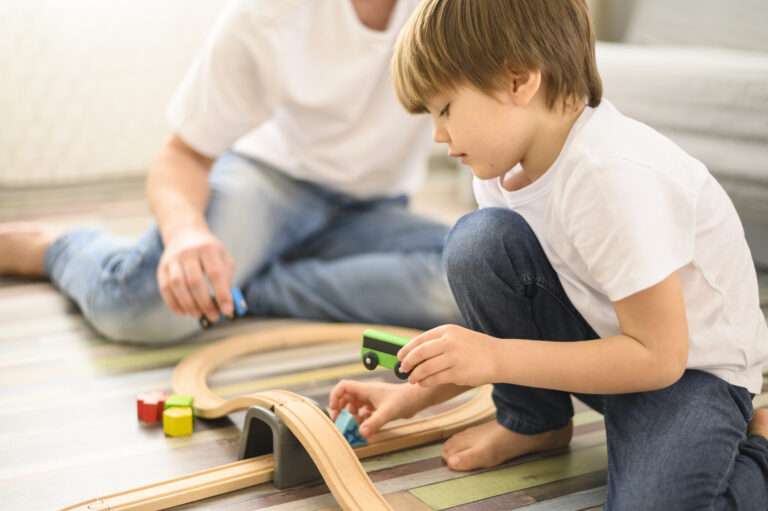Bedwetting and Toileting Problems in children
Bedwetting (nocturnal enuresis) and toileting problems are common issues in childhood, particularly in younger children. While these can be stressful for both children and their parents, it’s important to approach them with understanding and patience, as most children eventually outgrow these issues.
Bedwetting (Nocturnal Enuresis)
- Primary Enuresis: The child has never been consistently dry at night.
- Secondary Enuresis: The child was dry at night for a period but then started bedwetting again.
Causes
- Developmental Factors: Delayed bladder control development.
- Genetic Factors: A family history of bedwetting.
- Heavy Sleep: Children may not wake up to the sensation of a full bladder.
- Stress or Life Changes: Such as starting school or a new sibling.
- Medical Issues: Urinary tract infections, constipation, diabetes, and structural abnormalities in the urinary tract or nervous system.
Management
- Reassurance: Offer emotional support and reassurance; bedwetting is often a normal part of development.
- Fluid Management: Reduce fluid intake in the evenings.
- Bladder Training: Encourage regular toilet use during the day and evening.
- Bedwetting Alarms: Sensor alarms that wake the child at the first sign of wetness.
- Medication: In some cases, medication might be recommended by a pediatrician.
- Protective Measures: Use waterproof mattress covers to protect the bed.
Toileting Problems (Daytime Wetting and Soiling)
Causes
- Constipation: A common cause of soiling (encopresis) and can affect bladder control.
- Delayed Toilet Training: Some children take longer to develop consistent toileting habits.
- Overactive Bladder: Frequent, urgent needs to urinate.
- Stress or Emotional Issues: Can affect toileting habits.
- Medical Conditions: Such as urinary tract infections or neurological disorders.
Management
- Regular Toilet Routines: Encourage the child to use the toilet at regular times.
- Dietary Changes: High-fiber diets can help with constipation.
- Positive Reinforcement: Use praise and rewards for successful toileting.
- Avoid Punishment: Negative responses can increase stress and worsen the problem.
- Medical Evaluation: If there are concerns about underlying medical issues.
When to Seek Help
- If bedwetting or toileting issues continue beyond the age expected for toilet training.
- If there are other symptoms like pain, unusual thirst, snoring, or significant behavioral changes.
- If a child who has been dry suddenly starts wetting or soiling again.
Support and Understanding
- Avoid shaming or punishing children for these issues, as this can lead to feelings of embarrassment or low self-esteem.
- Open, supportive communication can help children feel more comfortable discussing these issues.
- Understanding and patience are key; most children outgrow these problems with time and the appropriate management strategies.
------------From our Sponsors------------









